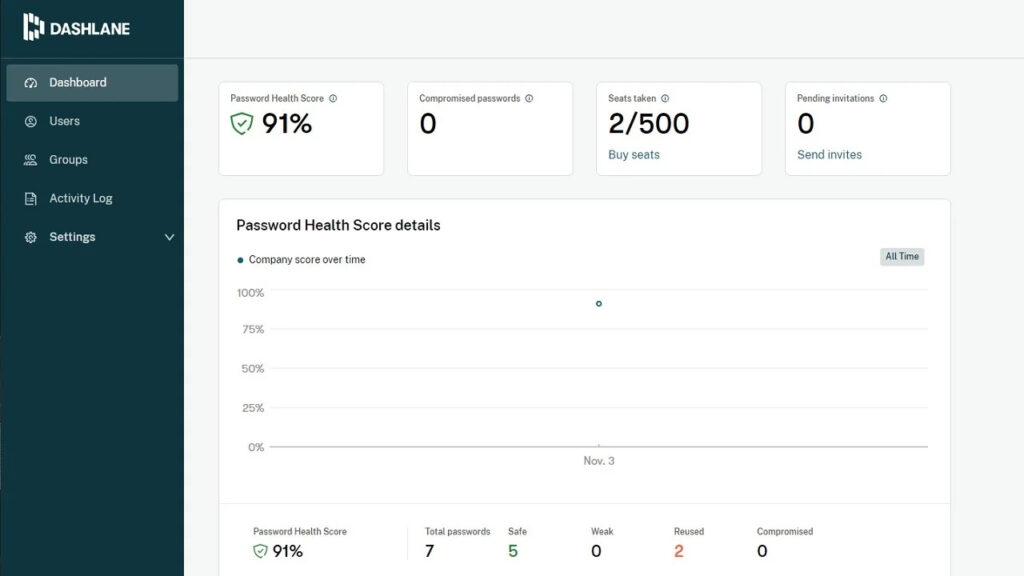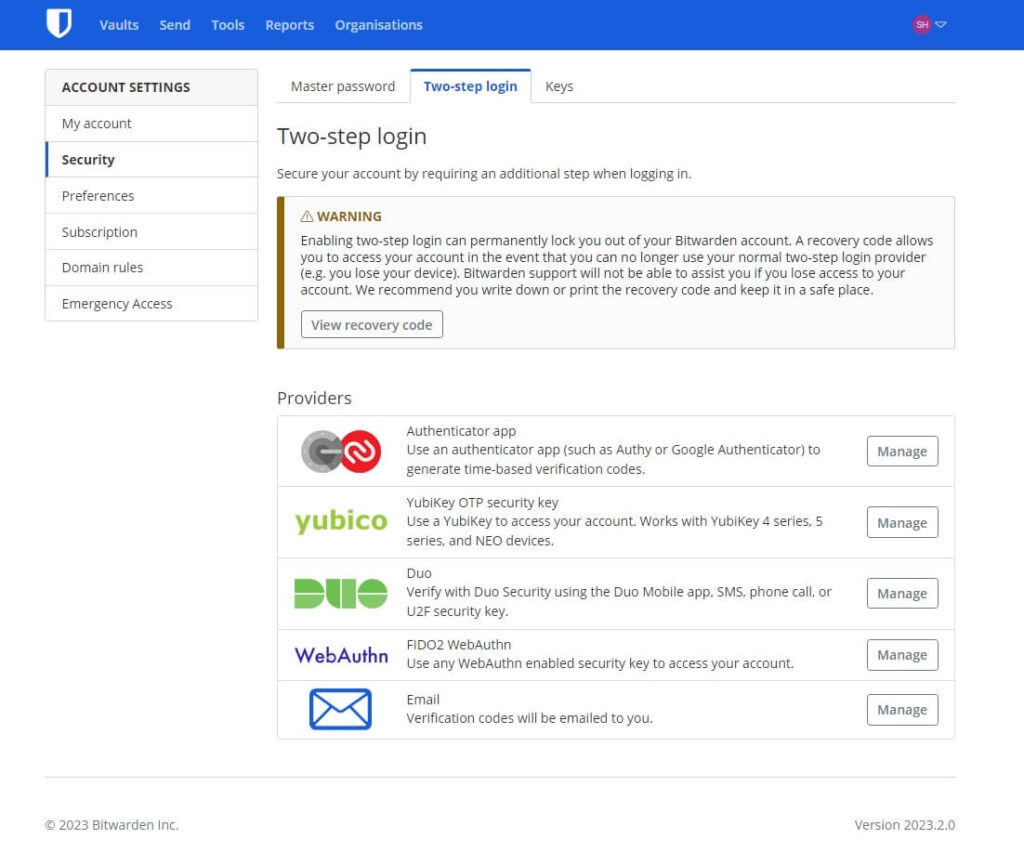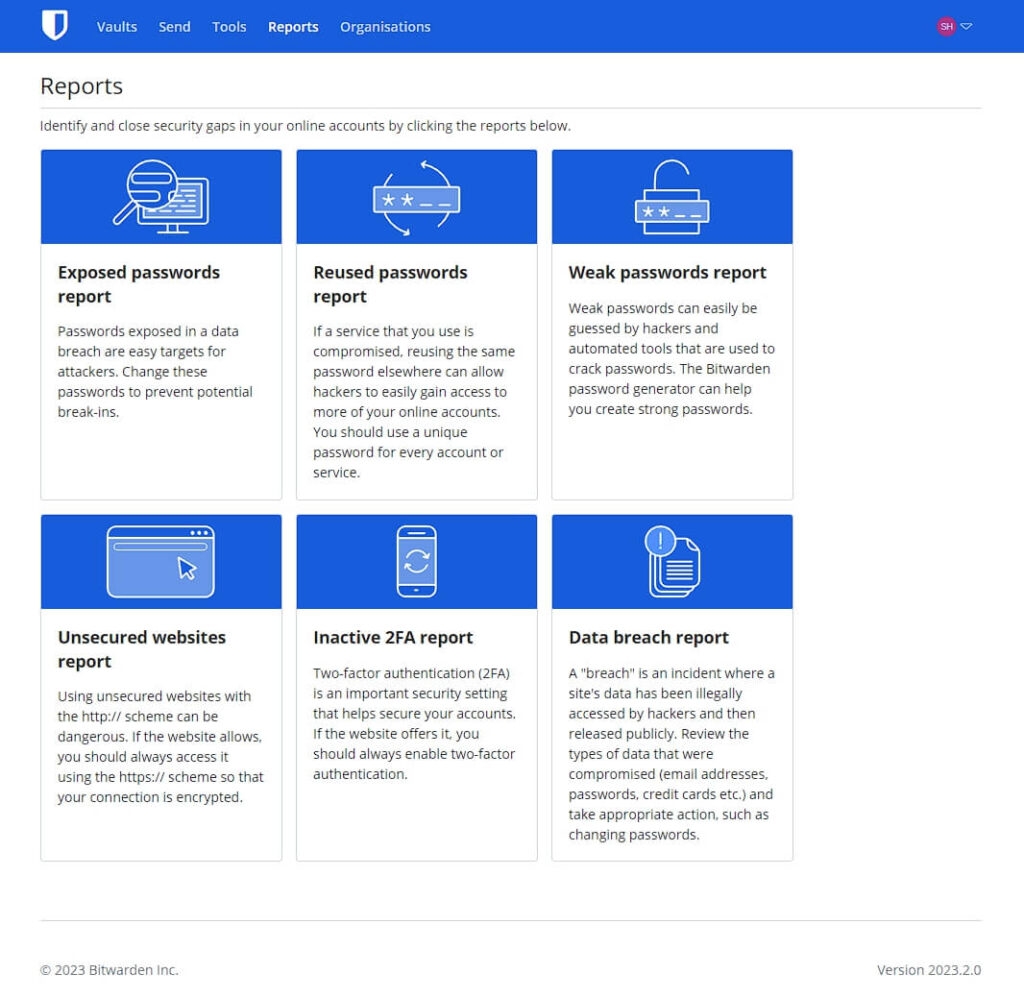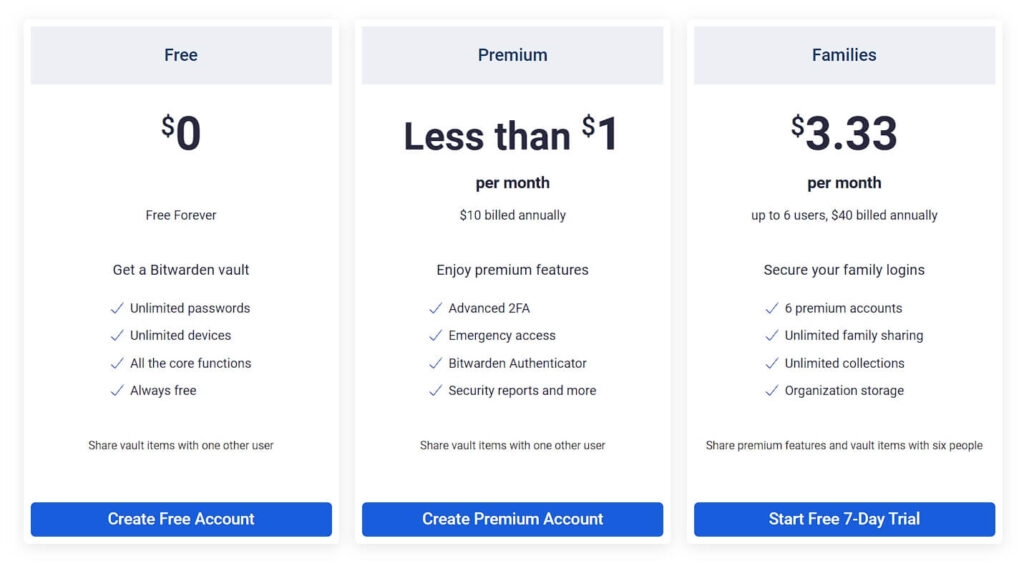However, remembering all of the passwords we need in order to be safe online has become a difficult effort due to the complexity of cyber threats as well as the sheer number of passwords we must use. Password managers can help in this situation. In this article, we’ll discuss the importance of password managers and offer tips on how to pick the best password manager to handle your digital credentials with maximum security and simplicity. Whether you use the internet sometimes or are a tech-savvy professional, knowing the importance of password managers is essential for protecting your priceless online presence.
What is Password Manager?
In simple terms, password managers are applications that generate random and unique passwords for the various websites you visit. These passwords are securely stored in a virtual vault. Whenever you need to log in to a website or app, the password manager automatically fills in your login details, such as username and password. Additionally, many password managers can save your personal information, such as name, address, and credit card number, making it convenient for filling out online forms and making purchases. Some password managers even offer the ability to store important documents, safe codes, and medical information in the vault for added security and accessibility. Top-tier password managers provide the valuable feature of alerting you about the strength of your current passwords, whether they are being reused or if they have been compromised in a data breach. These remarkable tools actively assist you in enhancing your password habits by offering suggestions for robust and distinctive credentials for each of your logins. For optimal security, we strongly advise configuring your password manager to generate passwords that are a minimum of 20 characters in length, encompassing a combination of uppercase letters, lowercase letters, numbers, and symbols.
How Important is Password Manager?
In today’s digital world, a password manager is a vital tool. It is a piece of software that centrally maintains and securely keeps all of your passwords. Here are some of the significance of password managers:
Enhanced Security: Your online security is in danger if you use the same password for several accounts or if you use weak passwords. For each account, a password manager creates strong, one-of-a-kind passwords, improving security against hacking attempts. Simplified Management: Keeping track of several complicated passwords might be difficult. You can access all of your passwords with only one master password if you use a password manager. This makes management easier and spares you from having to remember a lot of login information. Time-saving Convenience: With a password manager, logging onto numerous websites and applications is simple. Your login information may be filled in automatically, saving you time and effort. When utilizing various devices or often changing passwords, this capability comes in handy. Encrypted Data: To secure your data, password managers employ reliable encryption techniques. This implies that your passwords remain encrypted and unavailable without the master password even if someone acquires illegal access to your password manager. Cross-Platform Support: The majority of password managers are compatible with a variety of devices and software, including computers, mobile devices, and web browsers. This interoperability ensures a smooth user experience across devices and gives you access to your passwords whenever and wherever you need it. Secure Password Sharing: Password managers frequently provide a safe way to exchange passwords with people you can trust, such as family members or coworkers. As a result, there is no longer a need to transfer passwords through insecure channels, decreasing the possibility of eavesdropping.
Overall, a password manager is essential for ensuring your passwords are secure and unique, streamlining the password management process, boosting security, and enabling easy access to your accounts. It is a crucial tool for protecting your online identity and private data from unlawful access.
How to Choose the Right Password Manager?
There are various factors to consider in choosing the right password manager; some of the factors are outlined below:
Security Features
Look for a password manager that prioritizes security. Key features to consider include:
Encryption: Ensure the password manager uses strong encryption algorithms to protect your data. Look for AES-256 encryption, which is currently the industry standard.
Two-Factor Authentication (2FA): Verify that the password manager supports 2FA, which adds an extra layer of security by requiring a second form of authentication, such as a fingerprint or a unique code. Zero-Knowledge Policy: Choose a password manager that employs a zero-knowledge policy, meaning your data is encrypted in a way that only you can access it. The provider should not have access to your master password or decrypted data.
Cross-Platform Compatibility
Choose a password manager that works with numerous operating systems, including Windows, macOS, iOS, Android, and web browsers, taking into account your device ecosystem. By doing this, you can easily access your passwords on all of your devices.
User-Friendly Interface
An easy-to-use interface is necessary for a successful password management process. Look for a password organizer that has an easy-to-use interface that makes adding, editing, and retrieving passwords simple.
Password Generation and Autofill
Check to see whether the password manager has a password generator built in that will generate secure, random passwords for you. Make sure it supports autofill capabilities so you can automatically fill out login information on websites and applications.
Synchronization and Backup
Make sure the password manager allows for device synchronization so that your passwords are always current across all of your devices. To ensure you don’t lose your data in the event of a device failure, look for choices that provide safe cloud storage or local backups.
Trusted Reputation and Reviews
Read reviews of the password manager you are considering and conduct some research. Check for user contentment, security, dependability, and customer support reviews. The probability of having a pleasant experience improves when using a password manager with a reputable brand.
Pricing and Subscription Model
Consider the password manager’s cost and subscription structure. A subscription is necessary for full operation with certain password managers, while others provide free versions with fewer capabilities. To get the best deal for your requirements, compare the features and pricing tiers.
How Much Does a Typical Password Manager Cost?
Password managers usually come with a subscription fee, but there are some providers that offer free options as well. For a reliable and trustworthy password manager, you can expect to pay approximately $10 to $60 per year. At Tech-Latest, we strive to highlight password managers that offer great value to users. After performing several tests and trials, we recommend Bitwarden and Dashlane as the top choices for password managers. Although many free password managers have certain limitations, such as the inability to sync across devices or restrictions on the number of credentials you can store, Bitwarden stands out as our top recommendation for a free password manager. It offers the essential features of a password manager without imposing significant limitations.
The Overall Top Password Managers We’ve Tested
If you are confused about choosing the best password managers from these 2, here we have made a dedicated article on Bitwarden vs. Dashlane where we have shared our honest opinions. Hope you’d find useful
Wrapping it All
In conclusion, password managers are essential for maintaining our online security and making it easier to manage various passwords. By employing a trustworthy password manager, we can improve our security against online threats and lower the chance of identity theft and data breaches. It is essential to take into account aspects like security features, usability, cross-platform compatibility, and customer support while selecting the best password manager. We may actively work to ensure the security of our online accounts and digital lives by making an informed choice and using a password manager that suits our needs.



